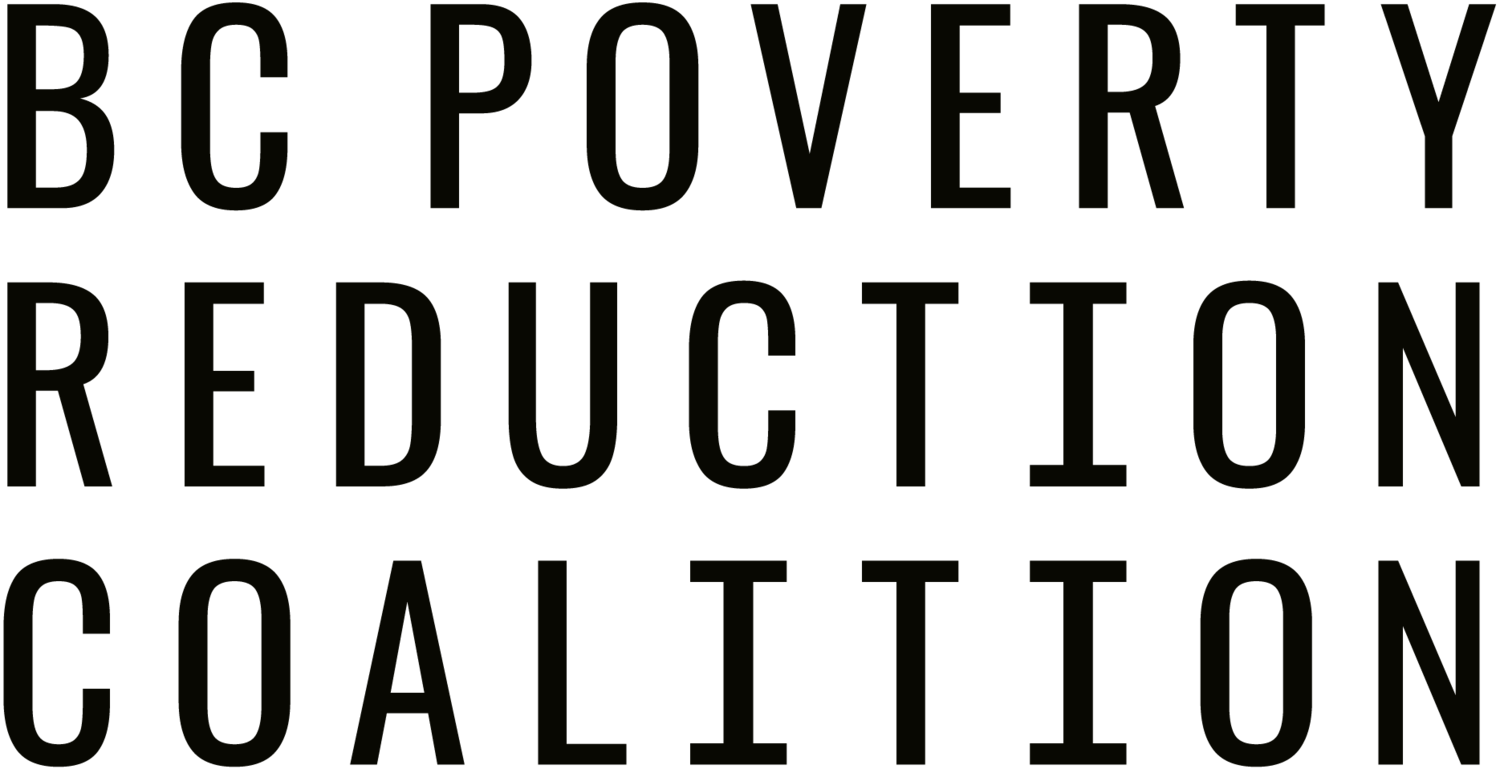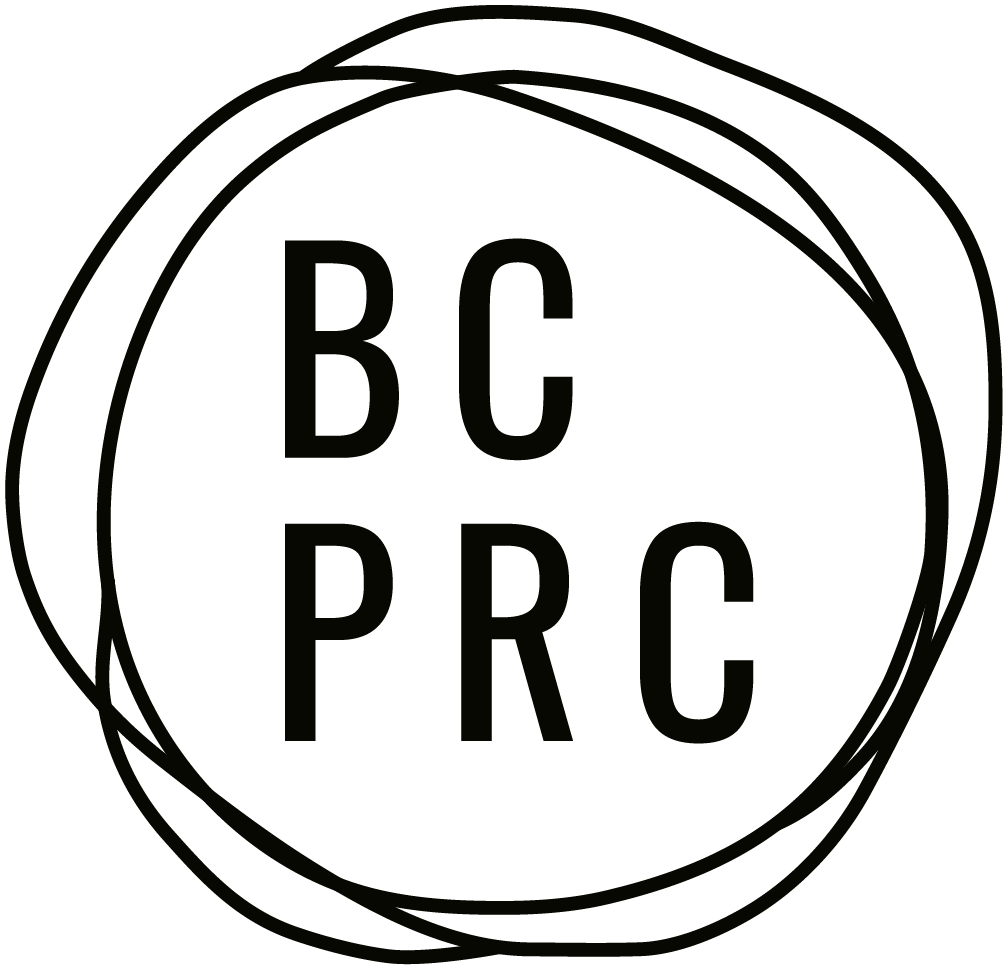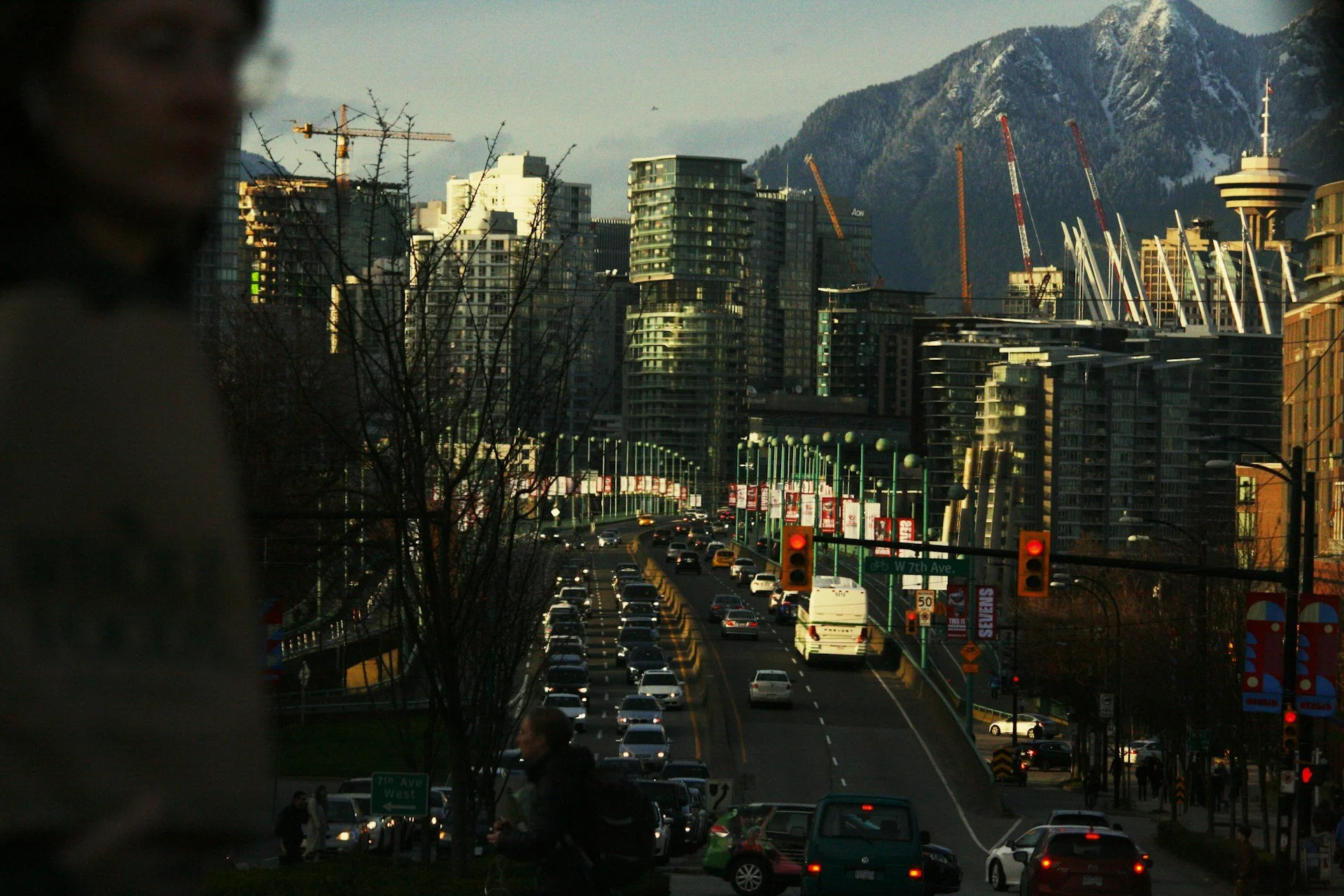Submission to the City of Vancouver’s 2026 Budget Consultation
This budget values policing over prevention, control over care, and short-term optics over long-term wellbeing.
Submitted to Vancouver City Council ahead of their public presentation of the 2026 Capital and Operating Budget
Sent by Rowan Burdge on behalf of the BC Poverty Reduction Coalition
I am writing to express deep concern about the City of Vancouver’s proposed 2026 budget. As drafted, this budget fails to meet the needs of the people who make this city thrive. Instead of addressing the growing crises of poverty, food insecurity, the toxic drug crisis, and unaffordable housing, it directs even more resources toward policing and enforcement—approaches that research shows do not create safety, but deepen inequality and human suffering.
The budget is not simply an accounting document; it is a statement about the City of Vancouver's values and priorities. And right now, it is valuing policing over prevention, control over care, and short-term optics over long-term wellbeing, and actual public safety for residents.
The proposed budget increases spending on policing, despite clear evidence that doing so will not make communities safer. A national study of 20 Canadian cities found no consistent correlation between higher police spending and reduced crime rates. In fact, research shows that policing often worsens the conditions of poverty and marginalization that lead to crisis in the first place. People experiencing homelessness, mental health challenges, or substance use are increasingly met with enforcement rather than care. This not only fails to solve the underlying issues—it creates new harms, including trauma, displacement, and distrust.
The BC Human Rights Commissioner has documented widespread racial disparities in policing, with Indigenous and Black residents disproportionately targeted. Continued investment in this model at the expense of housing, food security, and support services is not only fiscally shortsighted but also ethically indefensible. A safe city is not one with the most police—it is one wherein people’s basic needs and rights are met.
More than one in five British Columbians now lives in a food-insecure household, and in Vancouver, that number climbs even higher for low-income, racialized, and Indigenous community members. In neighbourhoods like the Downtown Eastside, over half of residents live below the poverty line, and food insecurity reaches one in four households. Housing costs continue to soar, pushing working families, seniors, and people on fixed incomes to the brink.
Council has a choice: instead of pouring millions more into enforcement, we can invest in what actually keeps people safe — public libraries, climate resilience, public washrooms, mental health supports, and community care.
Funding community food hubs, subsidized groceries, and home delivery programs can help reduce hunger and isolation. Expanding deeply affordable housing—not just market-rate units—can prevent homelessness. Scaling up non-police crisis responses ensures people in distress are met with compassion and care, not criminalization. Reinvesting in harm reduction programs, safe supply, and evidence-based drug policy can tackle the toxic drug crisis much more effectively. And strengthening the city’s partnerships with community organizations and funding local service providers builds long-term resilience.
These are not luxuries; they are necessities. And if funding them means modestly raising property taxes, it is both just and responsible to do so. Vancouver is one of the wealthiest cities in the world. We can afford to invest in our neighbours. A small increase in property taxes to expand public services—food security programs, senior supports, affordable housing, child care, and social supports—would pay dividends in safety, equity, and livability for generations.
Livability is more than low crime rates: it is about access, dignity, stability, belonging and participation. Budget decisions that favour policing over support risk undermining these dimensions of liveability, particularly for low-income, Indigenous and racialized communities.
Vancouver cannot police its way out of poverty, hunger, or homelessness, and we cannot build a sustainable city if our budgets continue to reward punishment over prevention. The proposed 2026 budget will deepen the economic divide, worsen the housing crisis, and further erode trust in public institutions.
I urge you to reconsider this path. Redirect funding from enforcement toward creating public services that keep people housed, fed, warm, and safe. Choose a budget that lifts people up instead of pushing them further to the margins. This is a defining moment for Vancouver’s leadership. The decisions you make now will determine whether this city continues to grow more divided—or whether we invest in a future rooted in justice, dignity, and shared wellbeing.
Addressing poverty with evidence-based public policy is the best, most effective route to public stability, health, and safety, and to building the vibrant, beautiful city we all call home.


